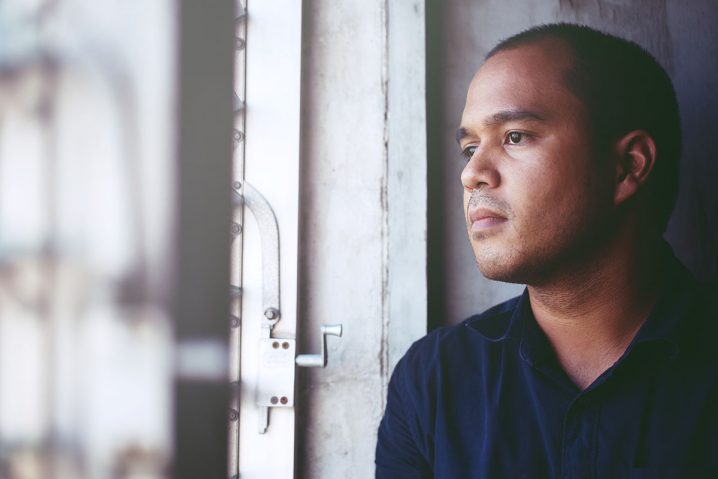A benzo rehab center offers to treat programs that can help clients struggling with misusing prescription drugs such as Valium or Xanax. Benzo abuse is also most often prescription drug abuse. However, it may be difficult to distinguish between benzo misuse and using it as prescribed. In the U.S., benzodiazepines are some of the most commonly prescribed drugs that are highly addictive. They’re widely used to treat anxiety, seizures, and panic attacks.
Long-term benzodiazepine use can lead to significant negative consequences, and severe withdrawal symptoms can accompany benzodiazepine detox. If you or someone you care about has a benzo-related problem, professional intervention is necessary. Searching for a benzo rehab in Florida? Contact Lighthouse Recovery Institute today. Call 866.308.2090 or reach out to our team online.
What Are Benzos?
Benzodiazepines are addictive substances at the core of many prescription drug abuse cases. Also called benzos, depressants or drugs that slow down messages traveling between the brain and body. Other depressants include heroin, cannabis, and alcohol.
Benzos are also minor tranquilizers that may be prescribed to help people sleep. However, anxiety and related conditions are usually what these drugs treat. They can also be used to treat alcohol withdrawal and epilepsy.
What Are the Signs of Benzo Abuse?
There are many common signs of prescription drug abuse. However, it’s important to recognize that prescription drugs include more than benzos. The signs of misusing opioids or stimulants may differ from those of misusing benzos. The latter is a sedative, which makes it easy to spot its misuse — the calming effect can show in a person’s actions. Some of the behavioral, physical, and psychological symptoms of benzo abuse include the following:
- Blurred vision
- Doctor shopping
- Drowsiness
- Mood swings
- Physical weakness
- Poor judgment or impaired thinking
- Risky behavior
- Wanting to quit using benzos but not being able to do so
Due to the natural process of building a tolerance, a person will eventually require a higher volume of benzodiazepines to reach their familiar high. Increasing the volume of drug consumption can only lead to an overdose — which can be life-threatening.
When Should You Consider a Benzodiazepine Addiction Treatment Program?
When a familiar dose is significantly cut down, benzo withdrawal symptoms will arise. These can be discomforting and painful, so experts recommend seeking professional intervention when dealing with benzo abuse. Undergoing medical detox — including medication-assisted treatment (MAT) — is generally advised as the ideal first step.
Before you experience any pain or discomfort, you should seek professional help. If you want to quit without medical help, do so in the presence of people you trust. Because some benzo withdrawal symptoms can be life-threatening, it’s not always safe to detox from benzos by yourself. Medical care could be needed at any moment during a benzo detox period, and if you’re by yourself, you may not always recognize that you need medical help.
Rather than the physical, psychological, financial, or emotional costs of maintaining a benzo addiction, it’s typically the difficulty of going through withdrawal that impacts a client. Often, people that have tried to quit without help are the ones that find professional intervention truly useful and life-changing.
There are many different therapeutic approaches to addiction treatment, and no single program works best for everyone. However, the three basic components you should look for in addiction treatment programs are the following:
- Detox and medical stabilization
- Substance use rehabilitation
- Aftercare and relapse prevention
Ready To Learn More About Lighthouse Recovery Institute’s Benzodiazepine Addiction Treatment Program?
Contact Lighthouse Recovery Institute today if you’re looking for a benzo rehab in Florida. Reach out to our team online or call 866.308.2090 to start your healing journey.





